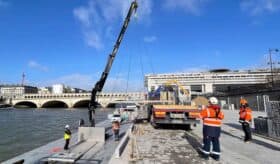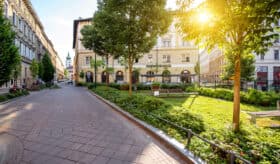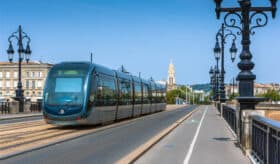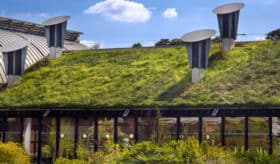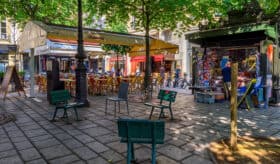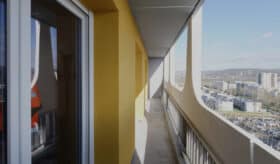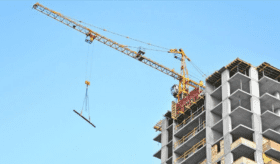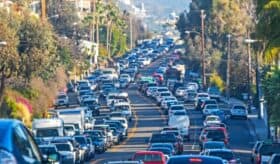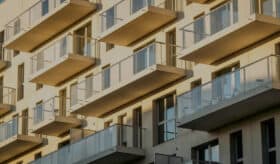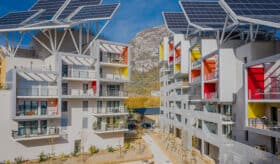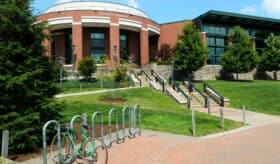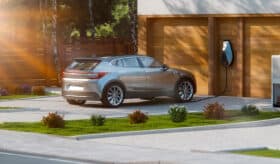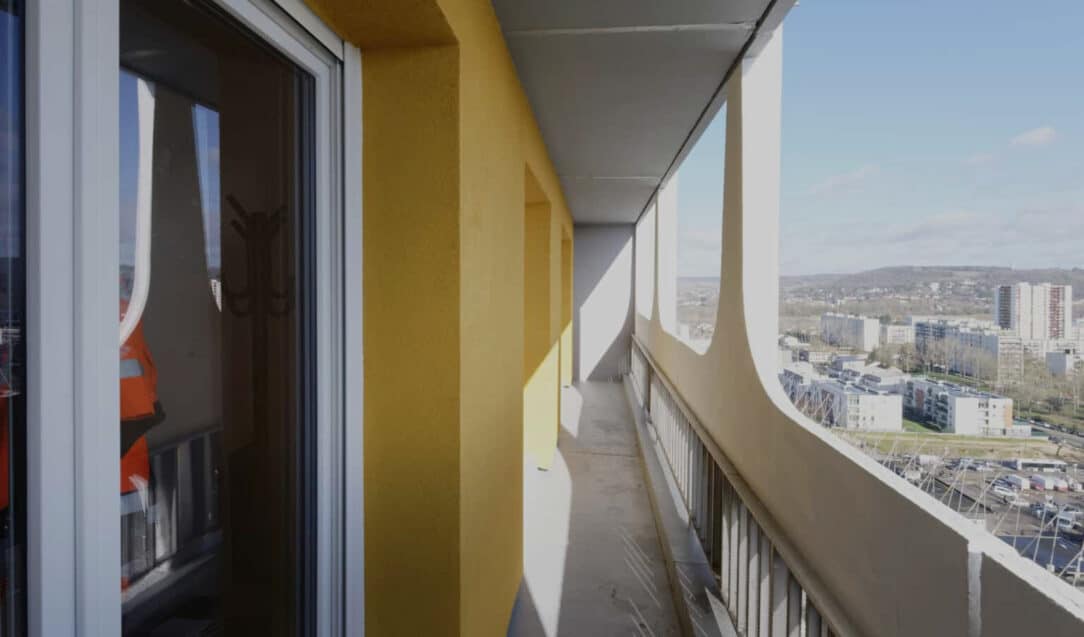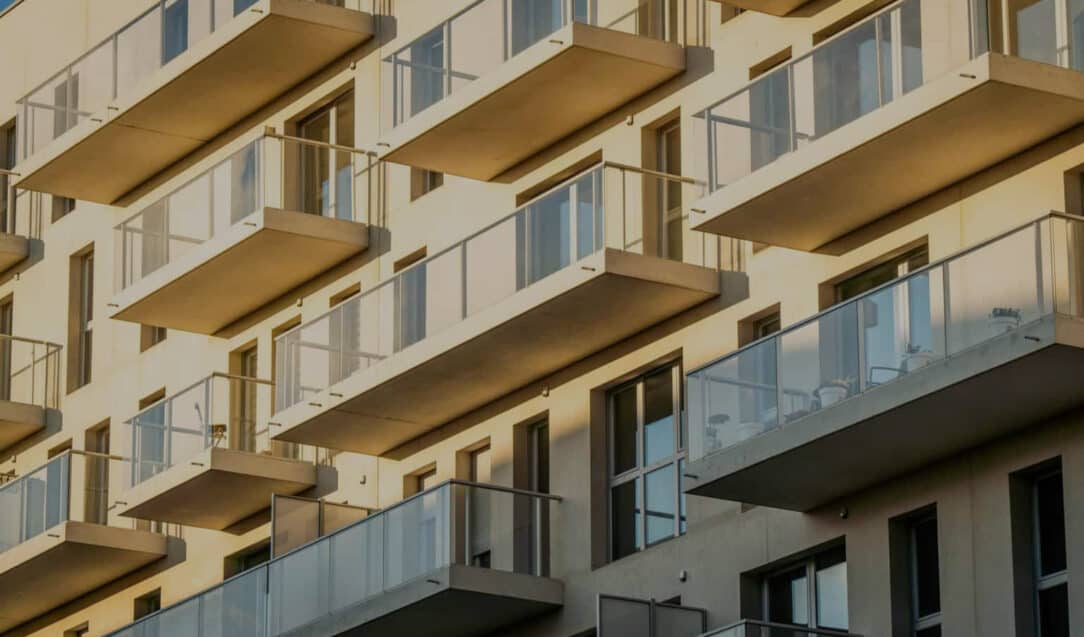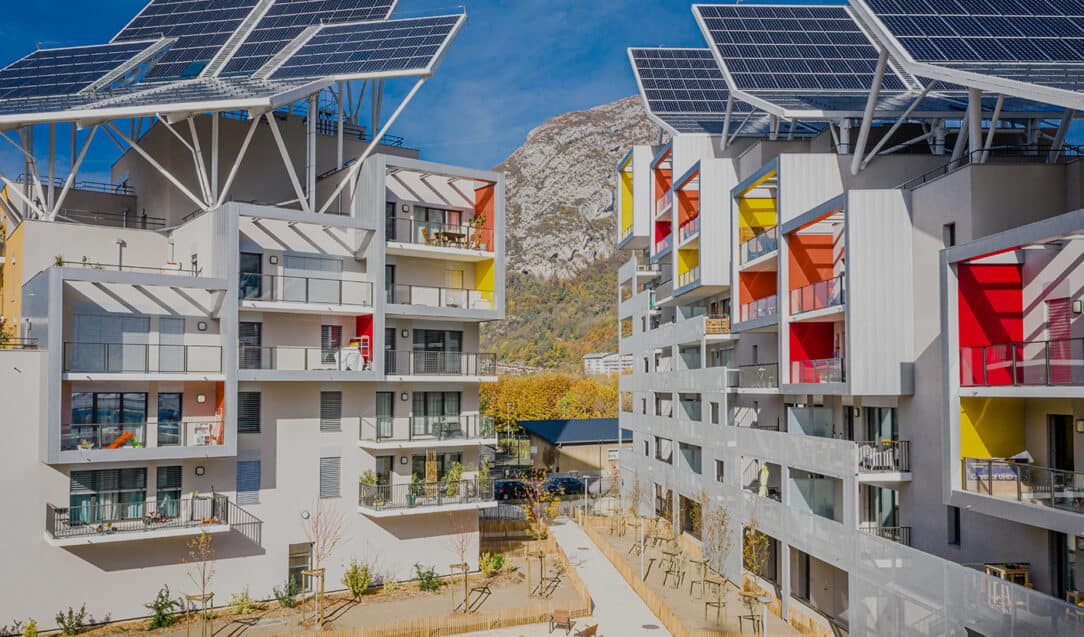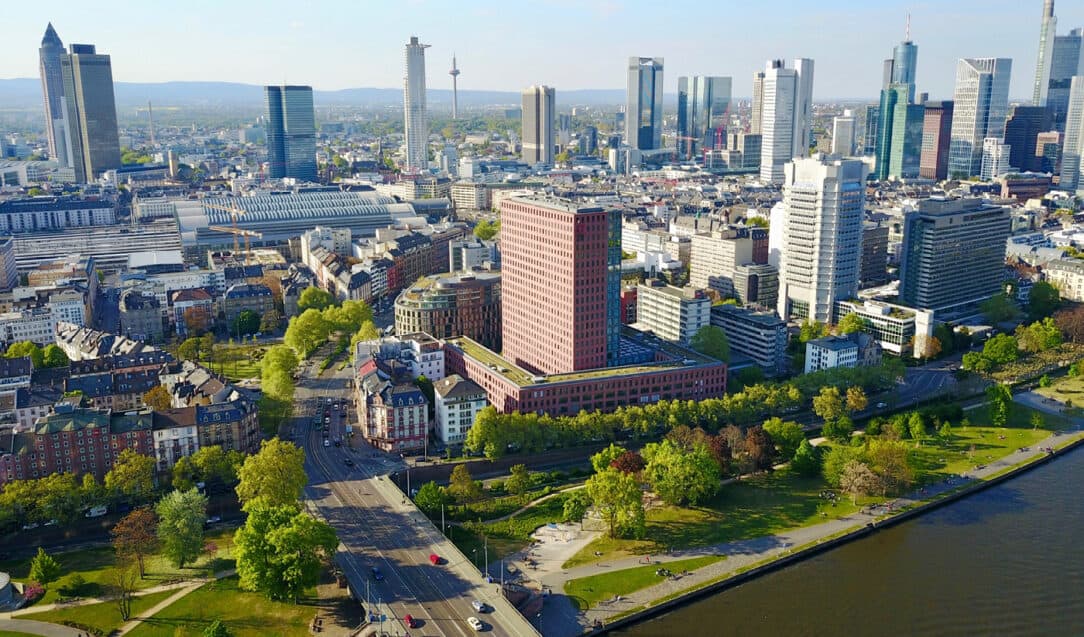Is digitalisation the key to building differently
Attracting talent, mitigating climate change, and improving productivity: These are the construction sector's three main challenges. BIM and various digital tools offer useful solutions, but these are not enough.
What if your sites were supplied via rivers instead of roads?
Faced with the current energy situation, we must urgently find alternative solutions that will enable us to change the ways we produce and transport our materials. Among the solutions considered, one of the priorities – particularly for the industrial sector – is to find means of transport that are more energy-efficient and less harmful to local residents. Focus on river transport.
New challenges in public space
Today, public spaces are facing new challenges – societal, environmental, political, technological and economic – and must deal with the uncertainty of a changing world. How can public spaces be designed to meet the various expectations of society while also being able to adapt to future developments?
Free public transport: issues and positions of the key players in the debate
The issue of free public transport was widely debated in France’s 2020 municipal elections. Its presence on the headlines of many campaign documents demonstrates the political, environmental and societal nature of the issue. Several issues arise from the implementation of such a public policy. We examine the positions of the key stakeholders in the debate.
How do you design green roofs?
Green roofs are on the up and up. And for good reason! They have many environmental, economic and social benefits. In addition to their aesthetic appeal, they can promote biodiversity, improve the insulation of buildings and retain rainwater. Recent research conducted by ecologists is improving our understanding of the conditions under which rooftop vegetation thrives and develops, and assessing the quality of ecosystem services provided by different types of roofs. We consider the factors behind the design choices for such ecosystems.
What kind of governance is appropriate for a convivial city?
At the request of Bouygues Construction and La République des Hyper Voisins, six students from the École Urbaine at Sciences Po Paris worked for nine months on creating conviviality in urban areas. The proposed exploration strategy is to create the conditions for conviviality by introducing a professionally-structured form of citizen action on a micro-local scale. Explore their recommendations for the forms of governance that are most conducive to the emergence of convivial spaces, based on eleven areas of investigation in France and Switzerland.
How do players in US construction innovate?
Interview with Viviane André, an analyst at Winnovation, a Bouygues Group subsidiary.
Should we build higher and higher to fight against land artificialisation?
The fight against urban sprawl and land artificialisation is a national priority that is pushing those in the building sector to look for solutions to make cities denser. One of these solutions is to build ever taller buildings. A controversial issue.
The French Towns Adopting Sustainable Construction Charters
Many towns and cities are looking for a way to remodel their urban planning to give them resilience in the face of climate issues. One such solution is to rally the stakeholders in an area - residents, companies and local authorities - to move towards housing solutions that are innovative, sustainable and accessible to all: that is the cited goal of the ‘sustainable construction charters’ emerging around France.
How much will the ecological transition cost the construction industry?
In the last segment of its sixth activity report, the GIEC specifies very clearly that on the economic level, the ecological transition will prove less expensive for the global economy than if we do nothing. Several sectors are highly exposed to this issue, in particular transport, energy and construction. But acting, how much will it cost? The subject is a complex one but initial estimates are starting to be seen.
Guide to Regreening Cities
Focus on planting initiatives to regreen cities including urban canopies to provide plant life without digging, planters with automatic watering or rainwater harvesting systems, “oasis” schoolyards, and urban mini-forests.
Tackling traffic congestion in cities
Tackling traffic congestion has always been a major challenge for local authorities. Many different approaches have been attempted, including adding lanes, removing lanes and multimodal transport.
Towards a more “ecosystemic” energy performance of buildings
Controlling energy consumption has become an environmental, social and economic necessity, due to the numerous impacts on the biosphere and society as a whole: climate change, depletion of natural resources, deterioration of health, etc.
A chronotopic approach to rescuing office buildings
Working from home, staggered hours and coworking which were already budding trends are now widely accepted after several lockdowns. As a result, traditional office space is largely deserted. All this vacant and under-occupied space needs to be reworked to accommodate new working practices which have been dramatically transformed by the health crisis and the digital revolution.
Mutualization: a future solution to save 20% of space in towns?
To tackle the problem of urban sprawl, several initiatives are emerging in favour of a “shared town” in which buildings and urban spaces are mutualized for different uses. A rationale that could allow for saving space and inventing new ways of living together.
Students’ dream campus of the future
“Imagine the future of tomorrow’s higher education campus”: this is the challenge launched by the Bouygues Group to students from 19 schools and universities in partnership with asapidea.



